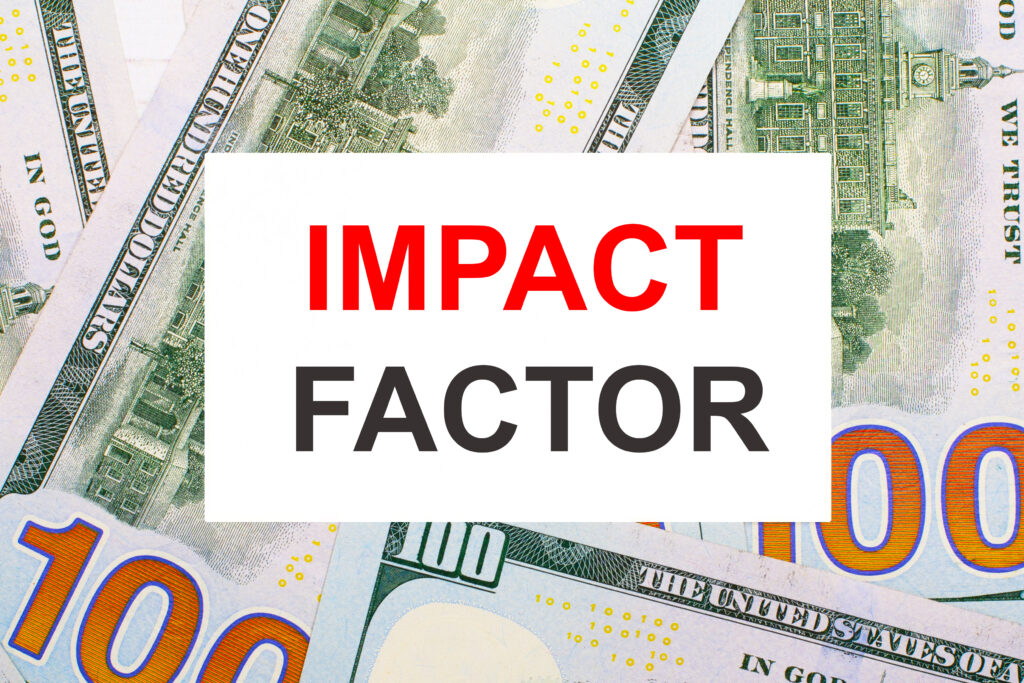What is Debt-To-Income Ratio?
If you have availed of a personal loan for the salaried, your lender would have asked for a CIBIL score or a credit report. The 3-digit CIBIL score helps them understand your creditworthiness.
Your creditworthiness depends on whether you can repay a loan on time. Apart from the CIBIL Score, lenders not only look at your income but also at your debt-to-income ratio (DTI). If you are in the process of availing an unsecured loan, it is important to understand what exactly is debt-to-income ratio.
The DTI determines a borrower’s loan repayment capacity as per his gross monthly income. It is a percentage that you get by dividing all your monthly debt payments by the monthly income you earn.
By using this method, lenders get a general idea of whether you will be able to repay the loan you wish to avail.

Important factors of Debt-to-Income Ratio
There are certain factors of debt-to-income ratio that you will need to consider:
Start with your monthly income before tax deductions. You can get your net monthly income from your salary slip.
Next, consider your monthly debt payments. This will include any secured as well as unsecured loan that you have availed of. You will also need to consider your credit card payments to calculate the debt-to-income ratio.
One factor that you will not consider to calculate your DTI ratio are your bill payments. This includes your daily expenses, grocery bill, utility bills, insurance payments, etc.
Why does the Debt-to-Income ratio matter to lenders?
As a borrower, you may wonder why this figure even matters to your lender. Is it really that important to them?
Yes, lenders need to see a good debt-to-income ratio before they approve or sanction your online personal loan. This percentage gives them a fairly decent idea of your capability to repay your new loan over and above the existing ones.
A personal loan is a collateral-free loan. Based on the DTI and other documents, lenders can choose to either approve or reject your loan application.

How to calculate the Debt-to-Income Ratio
How do you get your loan-to-income ratio? There is a basic formula that will help you understand calculate your debt-to-income ratio:
DTI=total monthly debt payments/total gross income x 100
To put this in perspective, let’s assume:
Your net monthly income is Rs. 75,000 and your total monthly debt payments is Rs. 25,500.
DTI= 45000/75000 x 100; which equals to 34%.
Is 34% a good debt payment ratio?
Debt payment ratio depends on your salary bracket. So based on how much you earn per month, you can calculate your debt to income ratio.
A good ratio shows the lender that you have decent control of your finances and still have a certain amount of money left in your pocket as savings.
How to improve Debt-to-Income Ratio?
If you find yourself on the higher side of 34%, there are a few things you can do to improve your debt-to-income ratio:
- Pay off loans before time: Before you avail of a loan, you get a chance to use the personal loan EMI calculator that gives you a general idea as to how much your EMI would be. This does not mean you need to stick to the amount mentioned. While you may not be allowed to pay lower than the expected amount, you can, however, pay a higher amount of EMI. This means that you will be able to clear off your loan faster than the assigned personal loan tenure.
- High to low method: Instead of clearing smaller debts first, concentrate on clearing the larger debt payments first. This will take off the majority of the load from your payment schedule.
- Loan duration: A longer personal loan tenure means smaller loan EMIs. This will help in improving your DTI ratio.
- Additional income: If possible, look for an additional source of income. This will help ease the monthly debt burden on your existing income.
- Negotiate: Before your loan is approved, negotiate with your lender for a lower interest rate. A lower interest rate means the amount you pay as interest will be less. This means the outflow will be less, which will help you manage your debt-to-income ratio.
- New debt: Avoid taking any new debt until your large debts are cleared. Though you may need financial assistance, you will not be able to avail of a new loan if you have a DTI.
- Keep a check: Every 3 months, calculate and see if your ratio has increased or decreased.
People also search For
Personal Loan | How To Check Cibil Score | What Is Emi | How To Improve Cibil Score | Instant Loan Without CIBIL | What Is Unsecured Loans | Education Loan For MBBS | What Is Apr | Types Of Personal Loan | Difference Between Advance And Loan | How To Apply For A Student Loan | Types Of Unsecured Loans | Personal Loan Tenure | Home Loan Vs Personal Loan | What Is Loan Repayment | Personal Loan Vs Gold Loan | Importance Of Credit Rating | Personal Loan Benefits | Education Loan Benefits



















